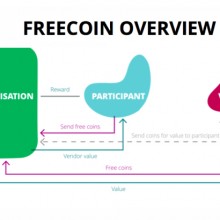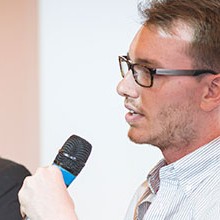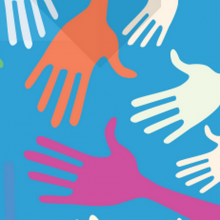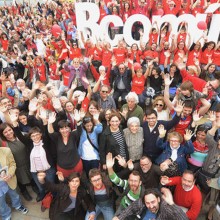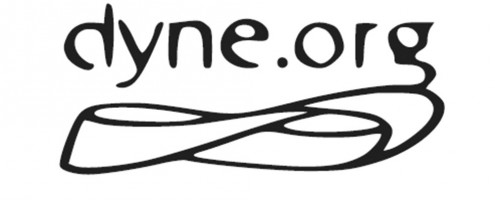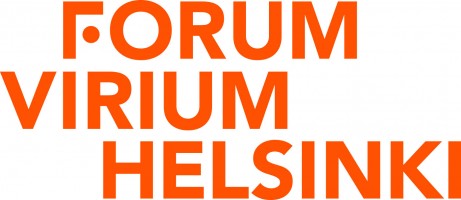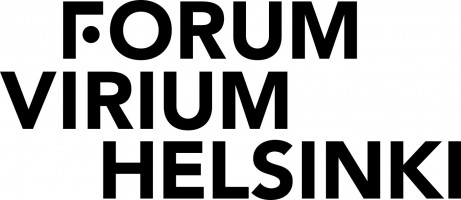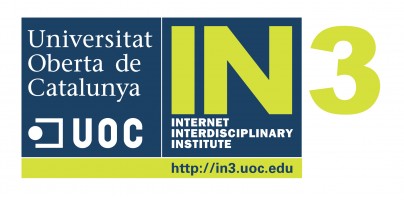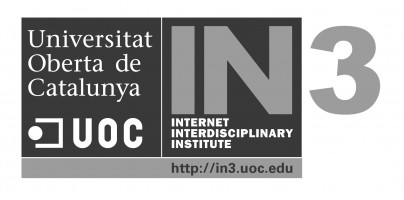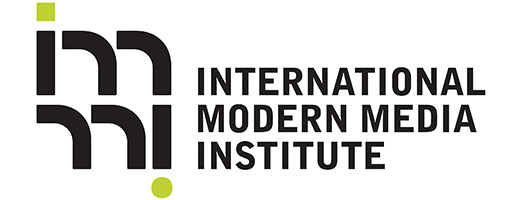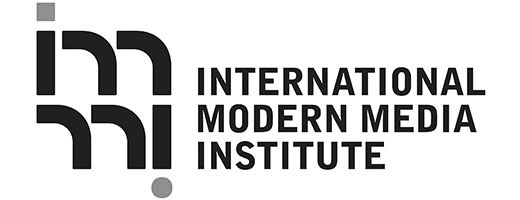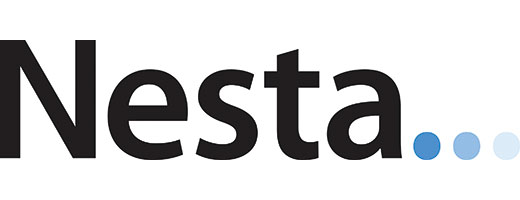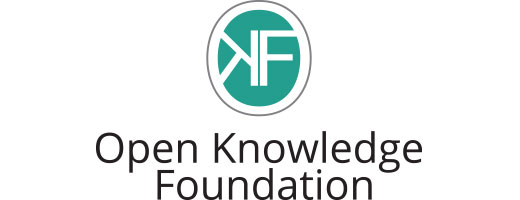On Freecoin, Blockchains and the future of money: an interview with Jaromil
Article by Francesca Bria and Elettra Bianchi Dennerlein. The original article was published at the Nesta website.

Picture: Alexander Klink
Denis Roio (aka Jaromil) is a researcher in philosophy of technology, artist and software artisan whose creations are endorsed by the Free Software Foundation. He has been involved in Bitcoin since the early days and since 2000 he has been dedicated to building Dyne.org, a software house gathering the contributions of a growing number of developers who value social responsibility above profit.
Jaromil is leading D-CENT development of Freecoin, a blockchain-enabled digital social currency and has been invited at the reinvent.money event on the 26th of September by organiser Paul Buitink to explore the opportunities of Bitcoin beyond its function as currency.

